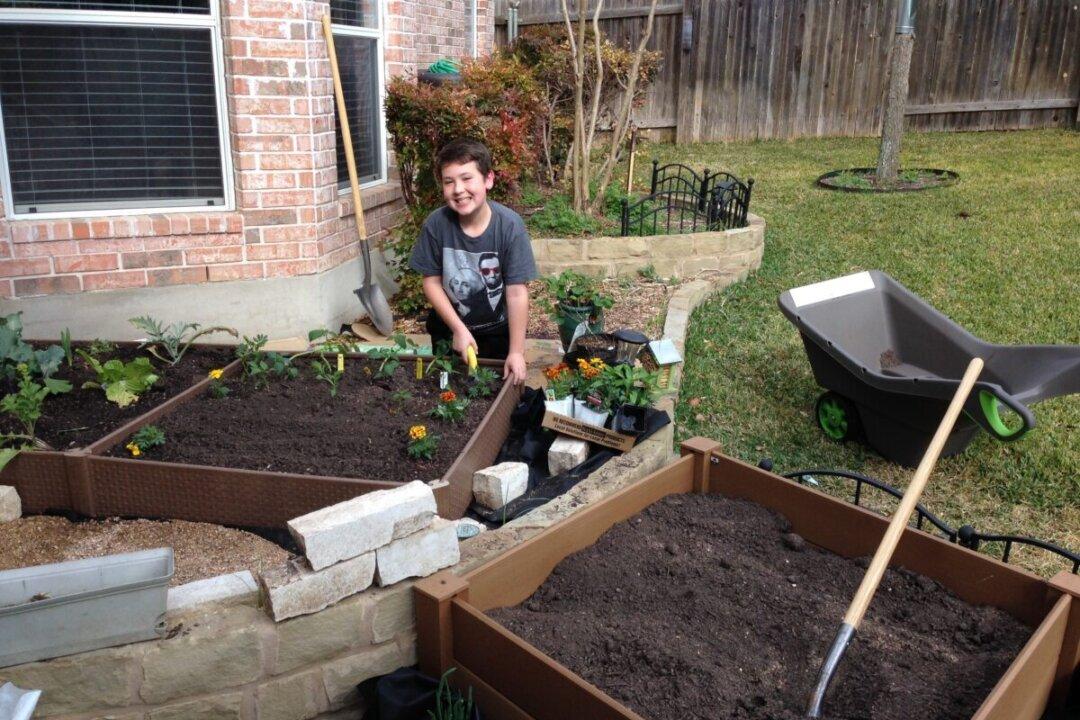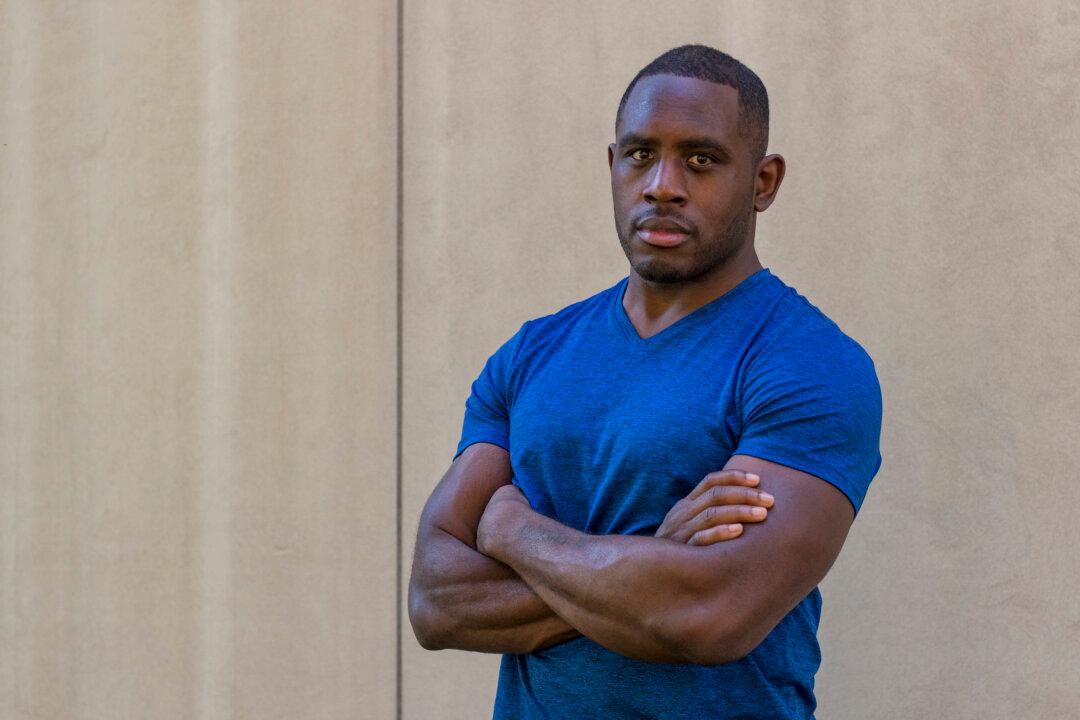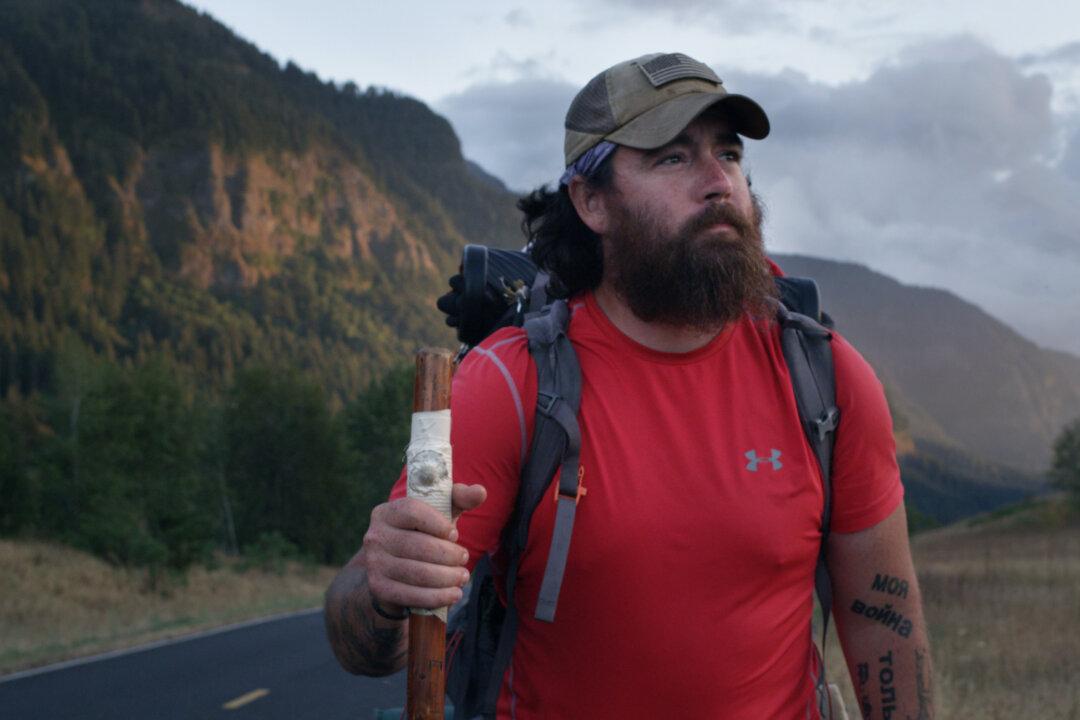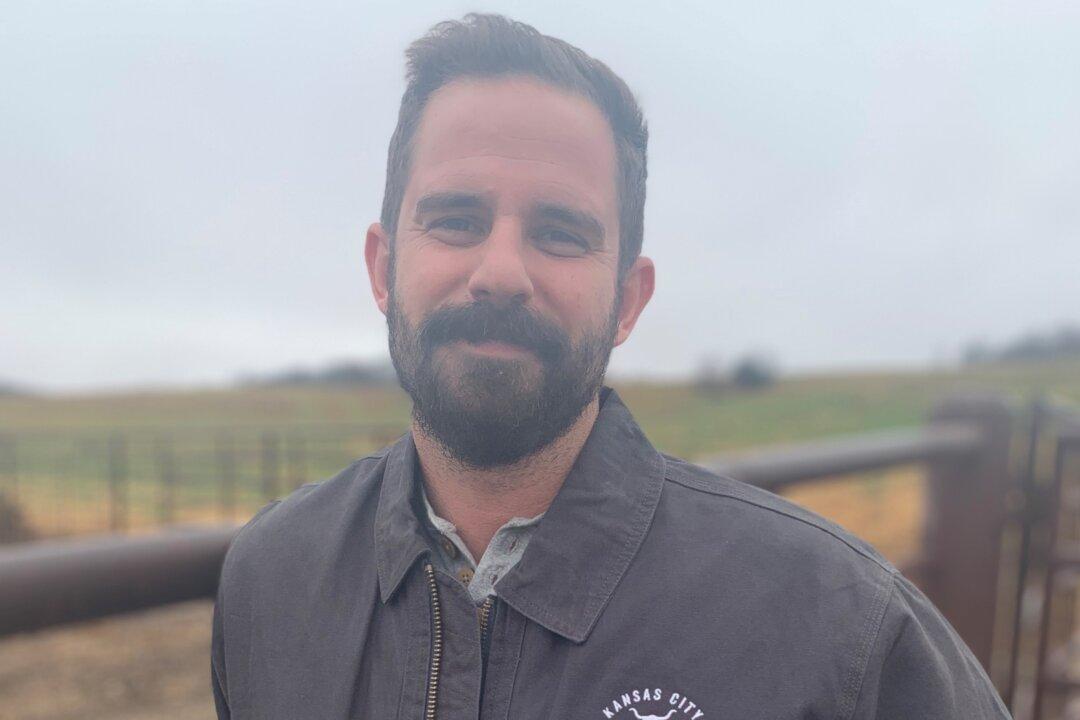It was 5 a.m. on Christmas Eve in Austin, Texas, and Ian McKenna was just 8 years old. His mother roused him from bed and told him to get in the car. As the two drove, he noticed his sister’s schoolteacher pull up behind them.
When they arrived at the trailer park where his sister’s classmate lived, they opened the trunk. Inside were gifts and a Christmas dinner for the family. This classmate had recently told their teacher in tears that Santa didn’t visit their house for Christmas.






